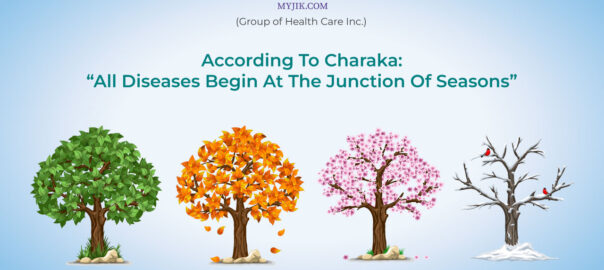
Bloating, that feeling of a giant balloon inside your stomach can either scare you or even confuse you altogether, even if it’s just gas!
Now, people find it challenging to discuss these things because it can be something very embarrassing and sensitive of an issue for them. But it’s just a normal digestive issue that our body can face for several reasons, and one of them is not having a healthy lifestyle.
But what is bloating?
The sense of fullness, tightness, soreness, discomfort, pain and a visible potbelly indicates bloating. Bloating generally happens when the GI tract (Gastrointestinal tract) is filled with excess air or gas, including the entire digestive system.
Aspects That Can Cause Bloating
- Diet
Food of high carbohydrate value can cause problems in digestion, as the enzymes in the small intestine are incapable of digesting it, resulting in bloating, flatulence and cramps. Cabbage, beans, broccoli, cauliflower, and milk and milk products (in some people) because of the absence of the enzyme lactase.
- Eating Habits
During the process of eating, the air is generally swallowed by us, but having carbonated drinks, chewing gum or sucking on hard candies can generate excessive gas in the GI.
- Constipation
This is one of the common factors of bloating; the longer the bowel takes time to pass through the colon, the more it creates bacterial overgrowth resulting in gas formation.
- Menstruation
Due to the change of hormones such as progesterone and oestrogen before and during the menses, some women may face excessive bloating and gas.
- Stress
Stress can make us palpitate and swallow in more air; when the heart races, it diverts the blood from the GI tract, causing slow digestion and, therefore, more bloating in the abdomen.
How To Get Rid Of Bloating?
These are a few ways in which you can get rid of bloating.
Changing Your Diet
- Reducing the intake of high carbohydrate value foods.
- Cutting down milk or milk products (especially for people with lactose intolerant)
- Eliminating carbonated drinks from diet.
- Including a diet with low FODMAP ( fermentable oligosaccharides, disaccharides, monosaccharides and polyols)
- Less consumption of salt
Building Healthy Habits
- Opt for fresh products rather than processed foods
- Eat more fruits and vegetables with low-carb value
- Opt for fresh meat and fish products rather than the processed version of it
- Hydrate more
- More fibrous food
- Include peppermint and chamomile tea in your diet
Consuming Small Portions
- Eating small portions of food throughout the day can be beneficial.
- 4-5 mini-meals can help with your diet if you’re trying to shed down weight and even gas and bloating
- Adding healthy snacks in mini-meals.
Including Regular Workout
- Exercise activates the muscles in your digestive tract and makes it easier for the air bubbles and food to pass through the GI tract.
- Move around, don’t be a couch potato
- Do yoga
- Exercise has a proven result in fighting digestive issues and keeping us healthy.
However, if the bloating advances in severity, is excruciatingly painful, stays for more than a week and has accompanying disease symptoms, like vomiting, bleeding or fever, then there are high chances of chronic bloating; in that circumstances, it is feasible to consult a doctor.
At times bloating can also be an issue of concern due to the following reasons:
- Crohn’s Disease
It is a persistent inflammation of the bowels, which can result in bloating. It is accompanied by unusual weight loss, vomiting, fever and nausea.
- Irritable Bowel Syndrome Or Ibs
Changes in the bowel habits, such as constipation or diarrhoea, or both, can be clear signs of IBS, this can even cause severe stomach pain.
- Cancer
Stomach cancer, pancreatic cancer or ovarian cancer in women can cause bloating, which comprises symptoms like weight loss and blood in the stool. Bloating typically results from a relatively treatable condition; however, if these severe symptoms take place, it is always advisable to consult a doctor immediately and get it checked.
Conclusion
Even though it’s a normal occurrence and typically only transitory, bloating can be a very unpleasant feeling, and you could grow tired of the cycle. Spending a little time to change your habits, following them and keeping track of your diet and health can make a difference; the different traits of bloating can be difficult to be understood at times, but they can also be kept track of in the event of the occurrence of abnormal triggers and seek help regarding that.













